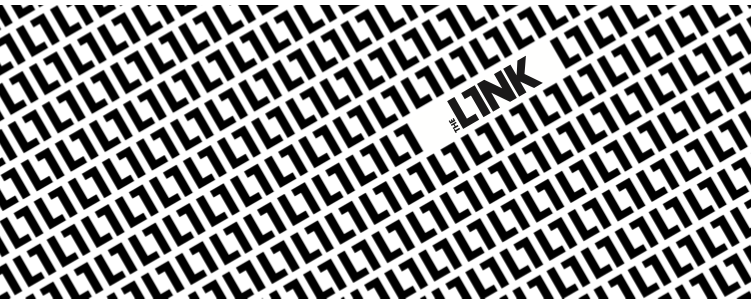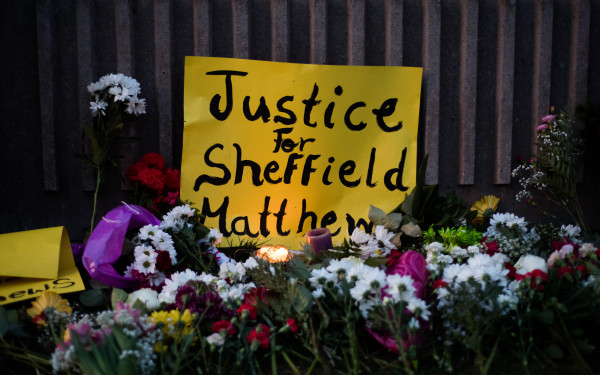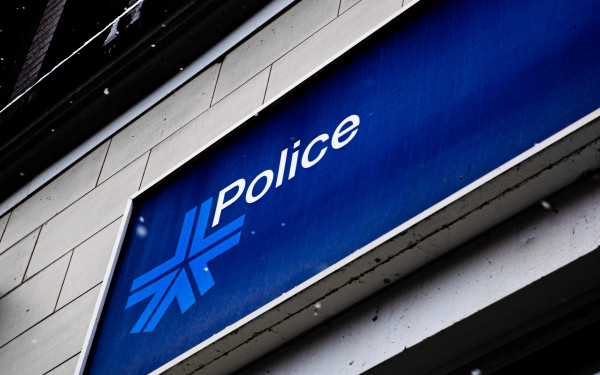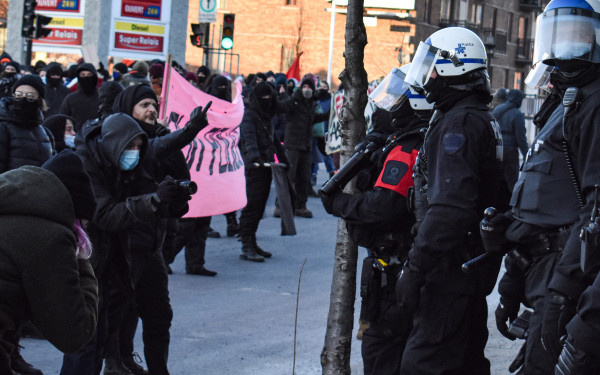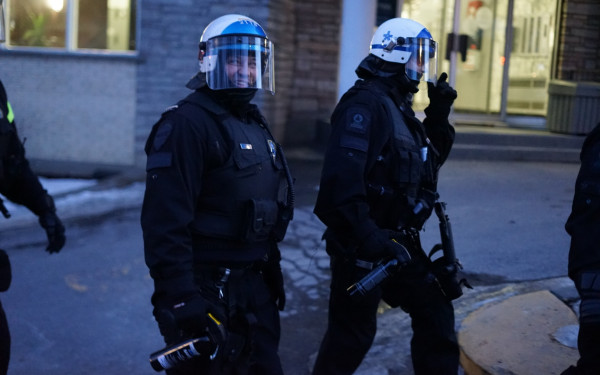Editorial: Montreal Police Keep Using Excessive Force
SPVM Has to Do Better With People Who Are Marginalized, Have Mental Illness
The Aug. 21 killing of Nicholas Gibbs by Montreal police moved the community to stand with his family at a vigil held in his honour on Nov. 4.
We at The Link attended the vigil, and saw firsthand the loss and sadness this left Gibbs’ loved ones with. We are shocked and saddened, but not surprised, by yet another senseless killing by the Montreal police.
We heard Gibbs’ mother, Erma Gibbs, decry the use of deadly force to subdue her son, who struggled with mental illness. Though he was shot under the pretense that he was threatening police officers with a knife, she claims that he had no knife with him at the time.
An ongoing investigation by Quebec’s police watchdog, the Bureau des enquêtes indépendantes, will hopefully reveal the truth, but those who were close to him say they do not have high hopes.
We demand police accountability for Gibbs’ killing: answers as to what happened, and retribution to the implicated officers. We also urge Montreal police to improve training on how to handle situations involving people with mental illness, and that training to address racial profiling be strengthened.
To us, cell phone footage taken of the final minutes of the altercation between Gibbs and police, shows a gross mishandling of the situation by Montreal police.
Throughout the video, Gibbs can be heard speaking in English to the officers, but the officers continued to respond in French until after he had been shot. He was shot three times before he turned his back to the officers and began walking away from them. He was then shot in the back twice more, despite no longer posing a threat to the officers, before collapsing.
The Gibbs family has launched a $1.1 million lawsuit against the city due to excessive use of force, stating that the officers involved did not attempt to sufficiently de-escalate the situation.
Last summer, we covered a vigil after the police shooting and death of Pierre Coriolan, a Black man who also had a history of mental illness. Footage released of that altercation also seems to show a lack of an attempt to de-escalate the situation before resorting to deadly fire. In that case, Coriolan was kneeling a few feet away from the officers, reportedly holding a knife or screwdriver, though he was not engaging aggressively with the officers.
Clearly, Gibbs’ case was not a one-off situation.
In 2015, the SPVM agreed to take part in an accountability training designed by Aboriginal groups, at their own cost, as the force was not willing to spend for its conception. After two pilot courses in 2017 where 120 officers attended, Montreal police abandoned their commitment the following year and never went through with the program.
According to Nakuset, the director of Native Women’s Shelter in Montreal, a lot of the officers present lacked empathy and failed to take the training seriously, laughing and talking throughout the short training session. The reported behavior of the officers showed their blatant disregard for the security and well-being of marginalized communities in Montreal.
Gibbs’ nephew Jeremy spoke at his uncle’s vigil, expressing distrust of the police as a Black man in Notre-Dame-de-Grâce, a neighbourhood Gibbs’ mother Erma described as rife with racial profiling.
The police’s ubiquitous presence in the city creates a climate of fear, and perpetuates the oppression of marginalized communities and individuals. Montreal police should immediately reform to stop endangering the lives of BlPOC.

